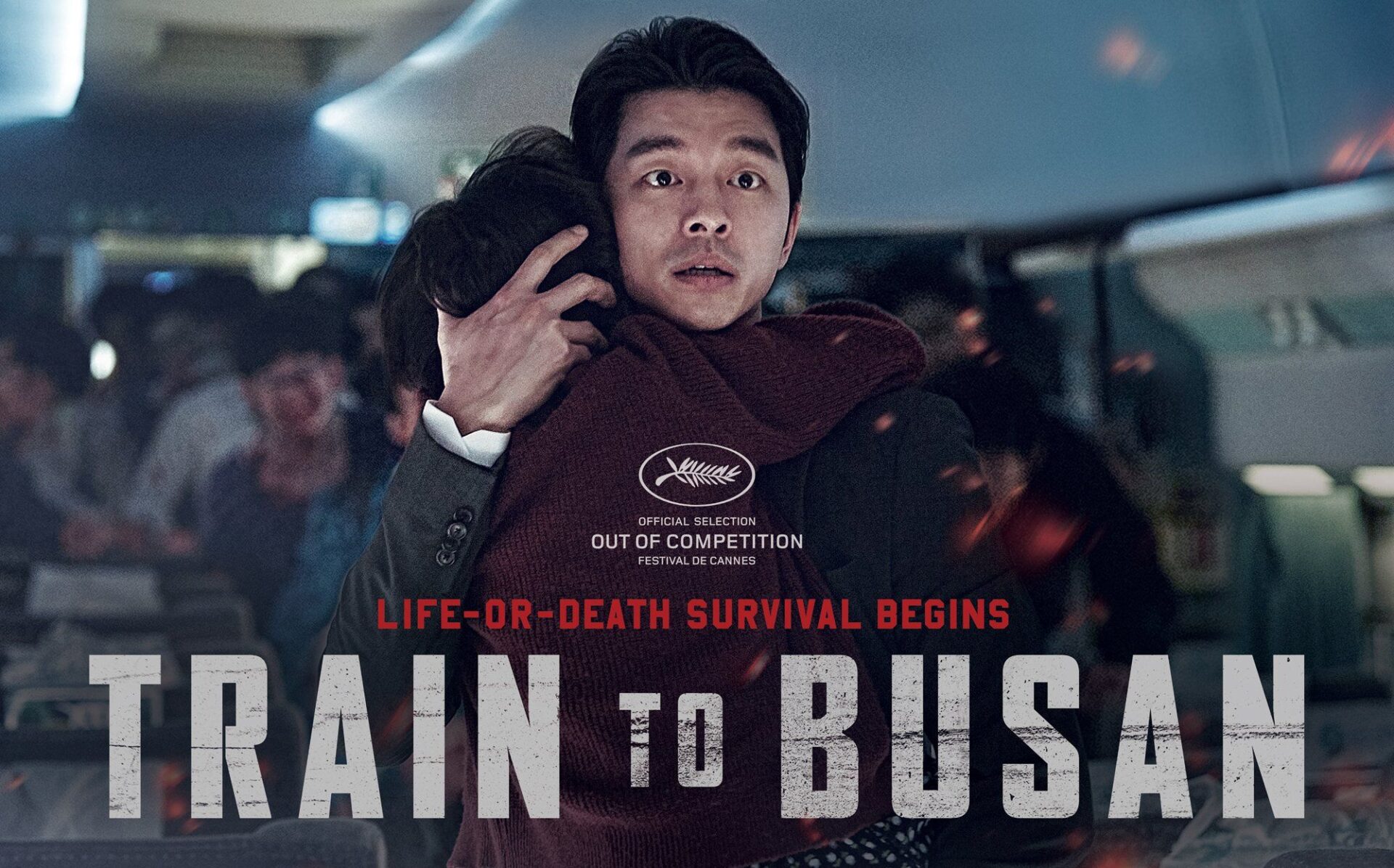Evan Hansen (Ben Platt) is getting ready for his first day of school as a senior. He also struggles with social anxiety and writes encouraging letters to himself with an exercise encouraged by his therapist. Implored by his mother, Heidi (Julianne Moore), to meet new people, Evan writes sentences wanting to unveil a confident version of himself. His only “friend” is a funny, quick-witted family acquaintance named Jared (Nik Dodani). Perhaps this year was going to be when he could undergo a metamorphosis—a deep urge of wanting to be noticed instead of being a fly on the wall. Until then, as the song ‘Waving Through The Window’ would imply, he’s just waiting for someone, anyone, to wave back.
Like the summer released In The Heights and the upcoming West Side Story, director Stephen Chbosky and screenwriter Steven Levenson adapted this award-winning Broadway into the silver screen format. One key piece was electing to have Platt reprise his role as Hansen. Now, considerably older, it’s asking the audience to engage in a suspension of disbelief that he could be a meek high school student. When it comes to Dear Evan Hansen‘s musical numbers written by Benj Pasek and Justin Paul, Platt shines. The film’s structure switches between stretches of conventional narrative form and verbose song output.
As fate would have it, Evan comes in brief contact with Connor (Colton Ryan), the only person to sign his cast. After accidentally seeing Evan’s self-letter referring to his crush on Connor’s sister, Zoe (Kaitlyn Dever), he takes it in a fury. Days go by, and Connor’s parents, Cynthia (Amy Adams) and Larry (Danny Pino), inform Evan that Connor committed suicide. The only thing he was holding was Evan’s note, where the parents think that Evan and Connor had a long friendship bond. What follows is both an amalgamation of untrue stories and Evan’s self-reflective journey to discover an unknown part of himself.
There are some noted melodrama tropes found within other coming-of-age films present here. The main character has an important epiphany about doing the right thing. There’s one instance in which the central conflict undergoes an unraveling, and choices have to be made. Platt does an exceptional job emoting through song, as it was the Broadway stage. Chbosky gives these songs space to breathe in a grandiose way – almost as if you can see them coming. When Pratt acts like a timid teenager, it feels as though he’s playing on what he would think that looks like – being so far gone from that experience.
This adaptation’s interesting orbit lives within Zoe Murphy and Alana Beck (Amandla Stenberg). Zoe’s heart lives in conflict, losing a brother with which she didn’t have the best relationship. That, together with the emotions of her mother Cynthia, to see the best in Connor’s memory and her father Larry, who’s angrier, brings together the family dynamics of how tough a loss like this can be. Zoe also tries to fight for an identity not defined by Connor’s suicide – specifically in her budding relationship with Evan.
Alana is the quintessential straight-A student, but reveals to Evan that she has her bouts with depression. Her character is a particular example of how the songs help elevate the overall message that the film is trying to say. ‘The Anonymous Ones’ will be something that every viewer can reverberate with. I mean, who hasn’t felt like they didn’t matter or that they had to project an appearance of being happy? The overall feelings of prevailing triumph in the name of a fallen classmate feel deceitful to an extent. None of his classmates knew him – as people who are struggling with depression only show you what they are comfortable with you seeing. The scenes that show a stylized version of Connor
In Evan’s case, whether unintentional, he uses this to gain the things he’s always wanted. Thus, the oil and water polarization of how to feel about the result. If the overall message is to listen, be open, and give people a chance, then the polar opposite would be to prop up an apocryphal friendship that no Kickstarter amount or viral speech can detract from. As the lie grows, Evan gains a piece of glass that he can use to rebuild the broken picture case that is his home life.
His mother, Heidi, is a hard-working nurse trying to make ends meet. Because of this, their relationship isn’t on stable ground. His estranged father barely stays in contact with him. So, yes, you root for Evan to find peace. When Moore sings “So Big / So Small,” it should be triumphant that a mother and song meet in the middle. A mother’s love means everything, but it’s hard not to notice the irrevocably broken road we traveled to get there.
Dear Evan Hansen is trying to invoke the enduring lesson of wanting to be your true self, no matter what warts you wear. That would feel as false as Evan and Connor’s supposed friendship. Still, without a son and brother, a grieving family felt considerable backlash interwoven in a massive lie. The one glimmer of levity that they were searching for – that they believed in was an ongoing game of fan fiction. So, should we feel good about that?
And then there is Evan, who is dealing with his mental health issues. He gets the family and girl he always wanted briefly, dressing up in societal clothes he can’t fit—another person in this world who deals with some ailment or grief. If the pillars of togetherness are built upon quicksand, the songs of not feeling alone while rousing feel like a hollow victory.
Photo Credit: Universal Pictures













